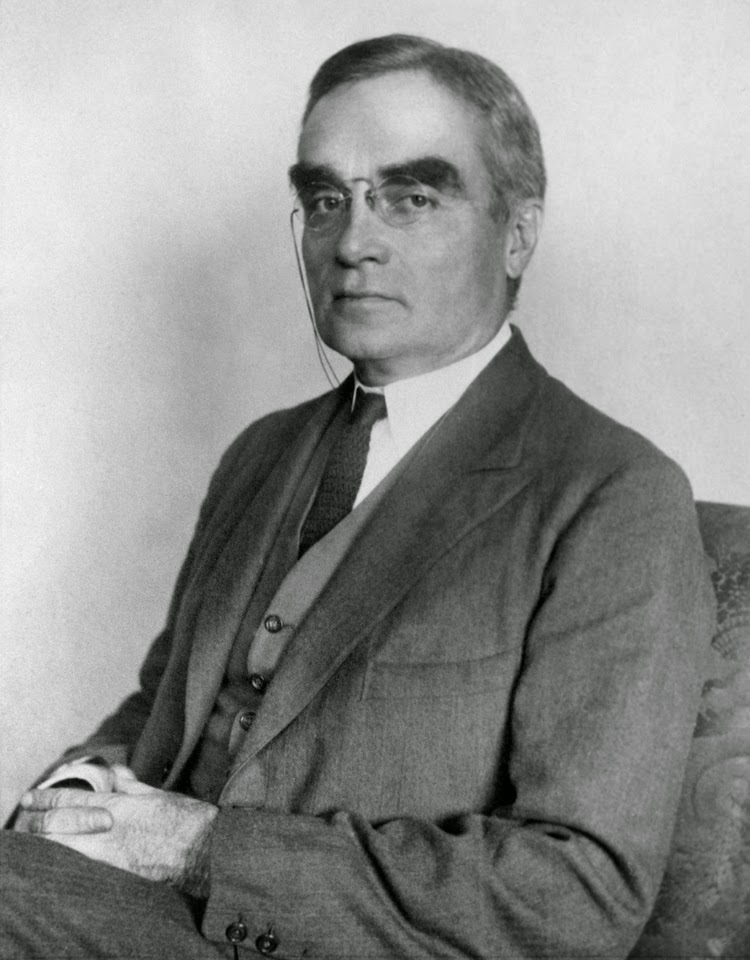Readers of this blog
may
remember that Judge Edgardo Ramos
from the Southern District of New York (SDNY)
denied
on February 10, 2015 Fox News Network’s motion for summary judgment in a
copyright infringement suit filed by the copyright holder of an iconic 9/11 photograph.
Fox News had unsuccessfully moved for summary judgment, claiming fair use.
Fox News (Defendant) has now
filed
on March 19 a motion to certify the February 10, 2015 opinion and order for
immediate appeal, under
28 U.S.C. § 1292(b),
which gives a district judge the power to certify an order of interlocutory appeal , if he believes
that “
such order involves a controlling
question of law as to which there is substantial ground for difference of
opinion and that an immediate appeal from the order may materially advance the
ultimate termination of the litigation.” Under Second Circuit case law, cited
by Defendant, a question of law is controlling if the certified order would
terminate the action, or could significantly affect the conduct of the action,
or if the issue has precedential value for a large number of cases.
Fox News is arguing that the February 10, 2015 order is presenting
the controlling question of law of whether...
“For fair use purposes, whether a
secondary user may transform a visual work by placing that work in a new
context and for a new purpose, without substantial physical alterations.”
Fox News calls this area of law “murky” and further notes that “guidance
is sorely needed” as “the use of visual
works on social media… is widespread.”
Transformative
Qualities of Social Media
Fox is asking the Second Circuit to recognize a “context-sensitive
test” for transformative use, and claims that social media is “transformative by design.” It argues that “transformative qualities of social media are not taken into account
when considering a fair use defense” and that the “use’s particular context” should be taken into account in fair use
cases. Such finding would have “massive implications
for the millions of Americans who use social media on a regular basis.” Fox
News also claims that not considering the use of protected works on social
media to be fair "would effectively
proscribe a wide swath of ongoing online speech. The public has a strong interest in having these fundamental
free-speech concerns addressed at the earliest possible juncture. ”
Defendant further argues that it had used Plaintiff’s photo “
in an inherently transformative context: on
social media.” As social media is not one-way to communication, but rather,
a way to share ideas, expression on social media “
is thus inherently intertwined with comments and criticism,” two of
the purposes expressively mentioned by
Section 107 of the
Copyright Act.
While this argument alone appears overbroad, as agreeing
with it would allow for almost any use of copyrighted work on social media, Fox
narrows the argument further along in its memorandum when arguing that
interlocutory review is warranted because the order “implicate[d] fundamental free-speech questions,” as its and others’
speech may be chilled “from using
copyrighted content on social media to discuss issues of public concern.”
Difference of Opinion
Over Appropriate Standard for Transformation of Visual Works
Transformative Content or Transformative Purpose?
Fox News is arguing that Judge Ramos relied on
Cariou, which conflicts with
Bill Graham. It cites a
blog
post written by Professor Rebecca Tushnet , where she noted that, in
Cariou, “
the court, despite speaking of purpose, seemed to require
transformation of content, contrary to the aims of much appropriation art” and
also wrote that “
Fox’s purpose… [of use] was an issue of fact, not indisputably
different as the publisher’s was in Bill Graham Archives.” Indeed, in
Bill Graham, the Second Circuit found
that a publisher’s purpose in using copyrighted images of posters in its
biography of the Grateful Dead was “
plainly
different from the original purpose for which they were created” (at 609)
and was fair use.
Is publication on social media, a new context for the work, enough
to warrant finding of a different purpose? Probably not, but the issue of the respective
weight of transformative content and transformative purpose for fair use analysis
purpose warrants further discussion in court. Many copyright practitioners and scholars are now rooting for Fox’s motion
to be granted, hoping it will lead to another Second Circuit fair use case, which may clarify Cariou.











.png)


















